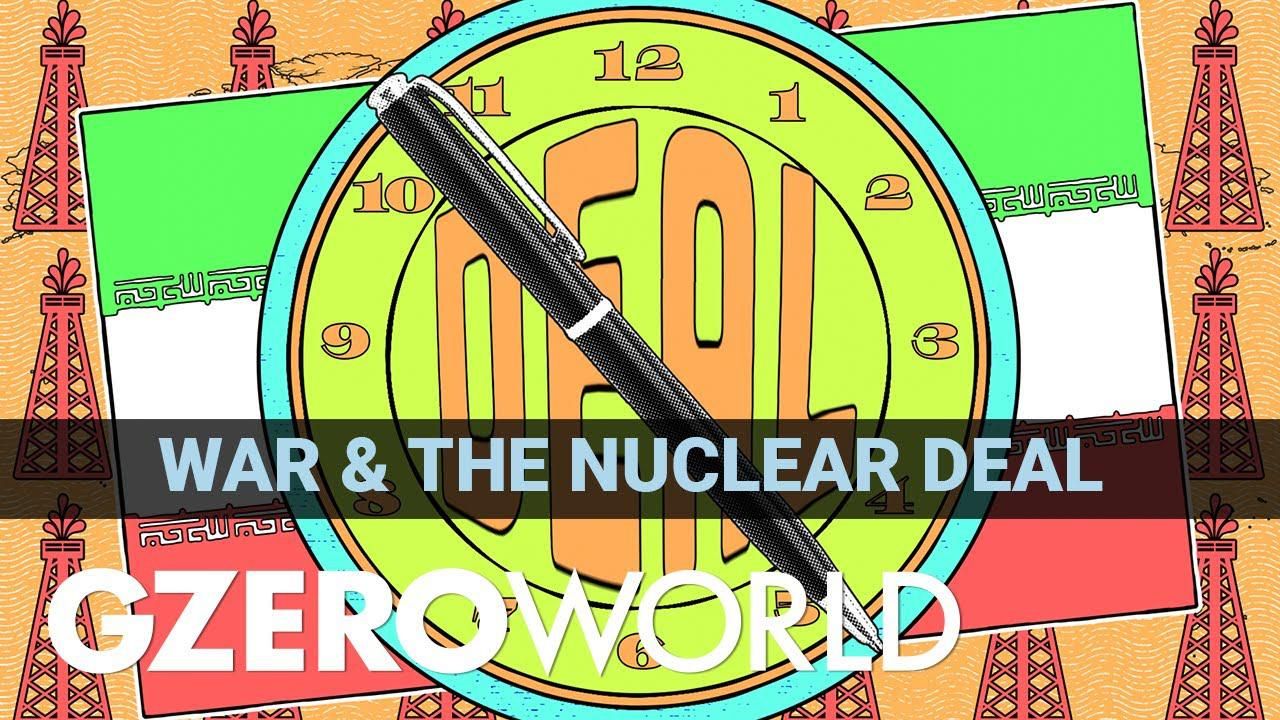March 31, 2022
The Iran nuclear deal was enacted in 2015 to stop Tehran from getting the bomb in exchange for economic sanctions relief. At the time it was a big win — especially for the Obama administration.
But not everyone was a fan. Critics say the deal only slowed down the nuclear program, didn’t address Iran's support for Hezbollah, and hardly reset US-Iran ties.
Then, as he promised on the campaign trail, then-US President Donald Trump withdrew from the Iran nuclear deal in 2018.
Since taking office, Biden has made it a priority to revive the agreement. Some progress has been made.
But now, the war in Ukraine is a problem because Russia is at the negotiating table. If the Russians walk away, the deal will be hard to implement politically. Moscow may also use its support for the deal as leverage to lift Western sanctions. And then there's the global oil crisis, which gives the Iranians more bargaining power.
What's more, a new US administration could still withdraw (again) in 2025.
Watch the GZERO World episode: Iran nuclear deal 2.0, or war?
More For You
- YouTube
The Supreme Court has struck down President Trump’s use of the national emergency clause to impose sweeping tariffs around the world. In this Quick Take, Ian Bremmer explains why this ruling was predictable and why it’s a major setback for Trump’s trade strategy.
Most Popular
Think you know what's going on around the world? Here's your chance to prove it.
Brice Clotaire Oligui Nguema reacts during the announcement of provisional results of the 2025 Gabonese presidential election by the Ministry of the Interior, at the headquaters of the Rassemblement des Batisseurs (RdB), in Libreville, Gabon, April 13, 2025.
REUTERS/Luc Gnago
2.5 million: The population of Gabon who can no longer get onto certain social media platforms, like YouTube and TikTok, after the government suspended access on Tuesday.
© 2025 GZERO Media. All Rights Reserved | A Eurasia Group media company.
